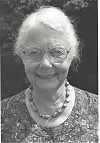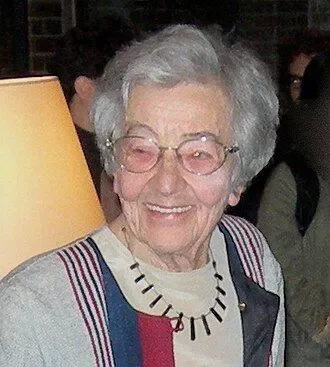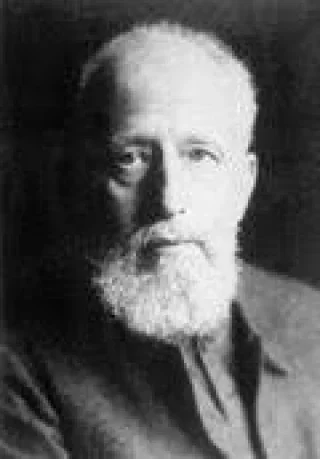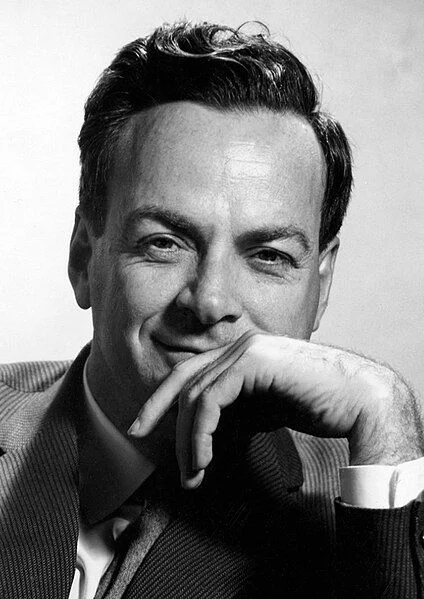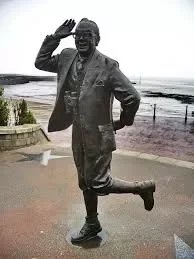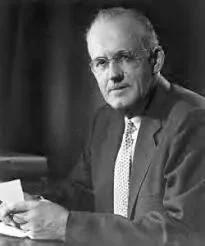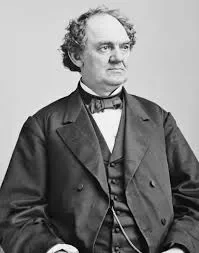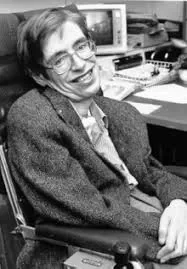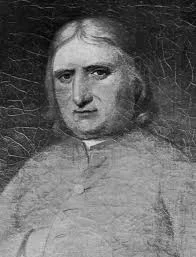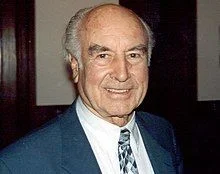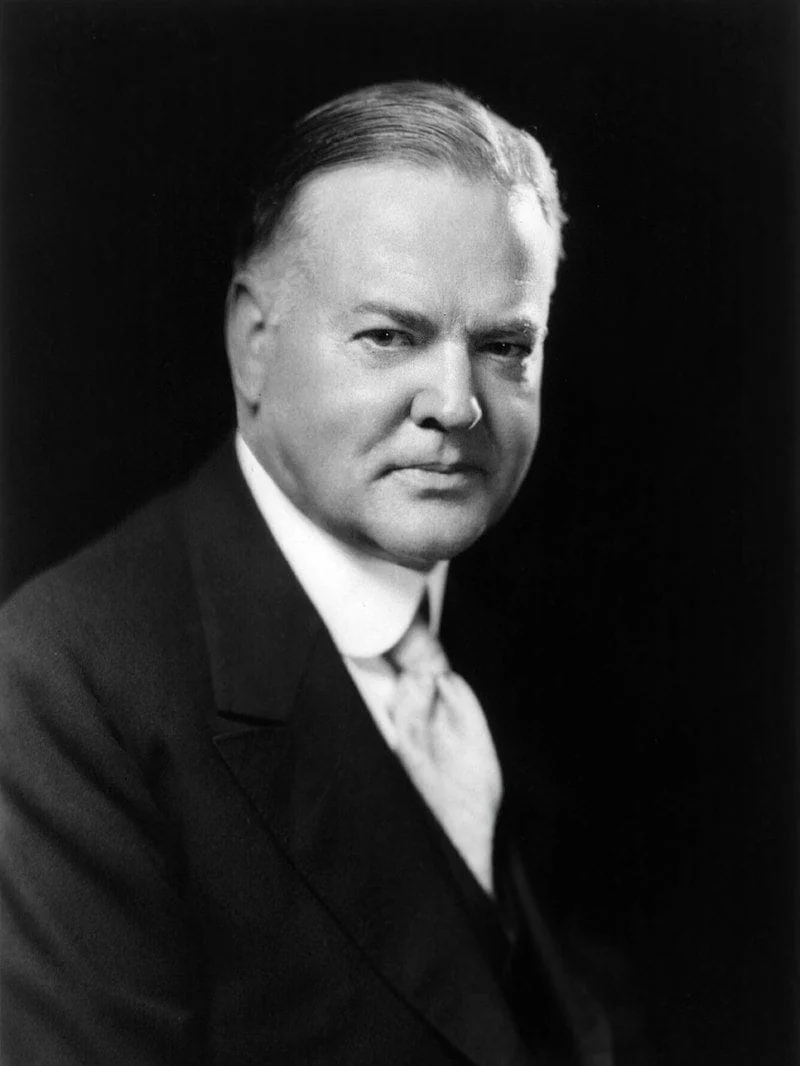Real Celebrities Never Die!
OR
Search For Past Celebrities Whose Birthday You Share
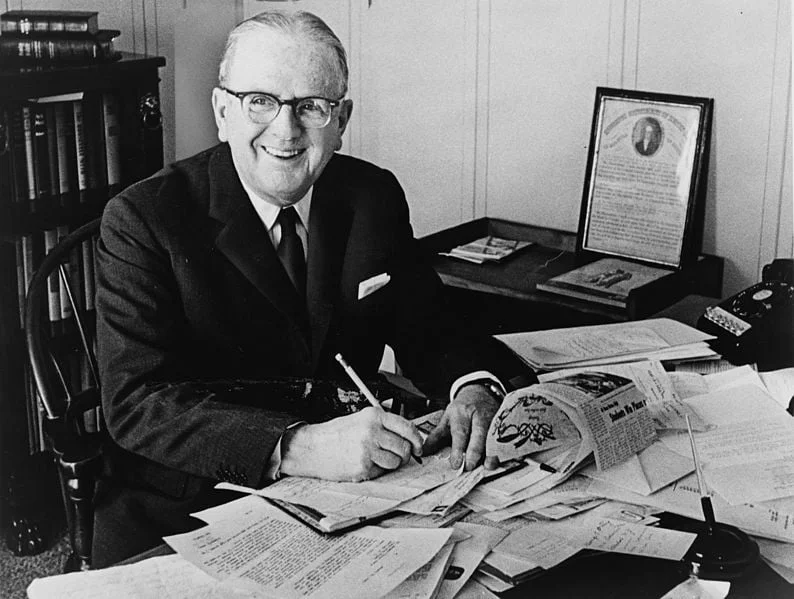
source:wikipedia.org
Norman Vincent Peale
Birthday:
31 May, 1898
Date of Death:
24 Dec, 1993
Cause of death:
Stroke
Nationality:
American
Famous As:
Author
Age at the time of death:
95
Norman Vincent Peale's Quote's
Early Life and Family Background
Norman Vincent Peale, a prominent American minister and author, was born on May 31, 1898, in Bowersville, Ohio, to Charles and Anna Peale. Peale’s father was a Methodist minister, and this early exposure to religious teachings played a significant role in shaping his future career.
Influences and Education
During his early years, Peale was greatly influenced by his father’s sermons and teachings. He developed a strong faith and a belief in the power of positive thinking. He attended Ohio Wesleyan University, where he studied journalism and continued to grow in his religious beliefs. After graduating in 1920, he pursued seminary training at Boston University, ultimately becoming an ordained Methodist minister.
Ministry and Early Recognition
Peale’s professional career began in 1922 when he became a pastor at the Marble Collegiate Church in New York City. It was during his time at Marble Collegiate that Peale gained widespread recognition for his dynamic and uplifting sermons. His messages focused on the power of positive thinking and how it could transform people’s lives.
“The Power of Positive Thinking”
In 1945, Peale published his most well-known book, “The Power of Positive Thinking.” The book became an international bestseller, selling millions of copies worldwide. It struck a chord with readers who were seeking hope and motivation during challenging times. Peale’s approach emphasized faith, optimism, and the belief in one’s abilities to overcome obstacles.
Media and Literary Contributions
Throughout his career, Norman Vincent Peale used various media platforms to spread his message of positivity and faith. He hosted a weekly radio program, “The Art of Living,” which reached millions of listeners. He also wrote numerous books, including “A Guide to Confident Living” and “Stay Alive All Your Life,” which further propagated his philosophy of positive thinking.
Organizational Leadership
In addition to his religious and literary achievements, Peale was involved in various organizations. He co-founded the Horatio Alger Association, an organization dedicated to promoting the principles of honesty, perseverance, and compassion. Peale also served as a spiritual advisor to several U.S. Presidents, including Richard Nixon and Ronald Reagan.
Personal Life and Family
On a personal level, Peale was married to Ruth Stafford Peale, with whom he co-authored several books. They had three children together, Margaret, Elizabeth, and John. Despite his busy schedule, Peale prioritized spending quality time with his family and emphasized the importance of nurturing relationships.
Legacy and Teachings
Norman Vincent Peale’s teachings continue to inspire and guide people even after his passing. His philosophy of positive thinking and faith in oneself remains relevant in today’s world. His books and sermons offer practical advice and timeless wisdom to individuals seeking personal growth and happiness.
Passing and Lasting Influence
Norman died after a stroke on December 24, 1993, in Pawling, New York. He was a trailblazing figure who popularized the concept of positive thinking and its transformative power. His contributions to the fields of religion, self-help, and motivation continue to impact countless lives worldwide.
Name:
Norman Vincent Peale
Popular Name:
Norman Vincent Peale
Gender:
Male
Cause of Death:
Stroke
Spouse:
Place of Birth:
Bowersville, Ohio, U.S.A
Place of Death:
Pawling, New York, U.S.A
Occupation / Profession:
Personality Type
Protagonist: Charismatic and inspiring leaders able to mesmerize their listeners. His ability to connect with audiences, foster hope, and encourage personal growth aligns with the strengths of this personality type.
Apart from "The Power of Positive Thinking," Peale authored over 40 books, including "The Art of Living," "Stay Alive All Your Life," and "Power of the Plus Factor."
Peale's most famous book, "The Power of Positive Thinking," was published in 1952 and became an instant bestseller. It remained on the New York Times bestseller list for 186 consecutive weeks, selling millions of copies worldwide.
Peale's preaching and positive message attracted celebrities and leaders from various fields. Presidents Richard Nixon and Ronald Reagan attended Marble Collegiate Church, and Peale officiated at Reagan's private inauguration. Peale's work also faced criticism from some religious leaders who found his message too focused on self-help rather than traditional religious teachings.
Peale received honorary doctorate degrees from several prestigious universities, including Syracuse University, Ohio Wesleyan University, and Indiana Wesleyan University. These degrees were conferred upon him in recognition of his invaluable contributions to the fields of psychology, religion, and personal development.
Presidential Medal of Freedom (1984)

